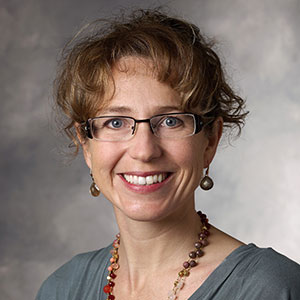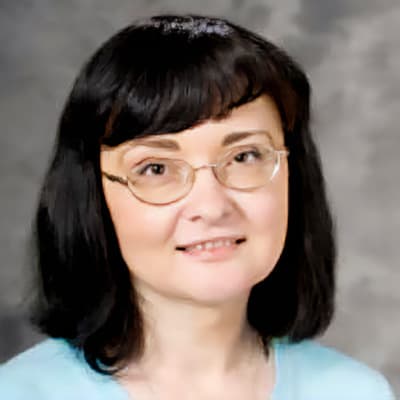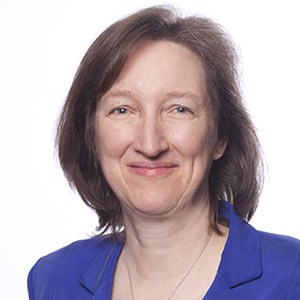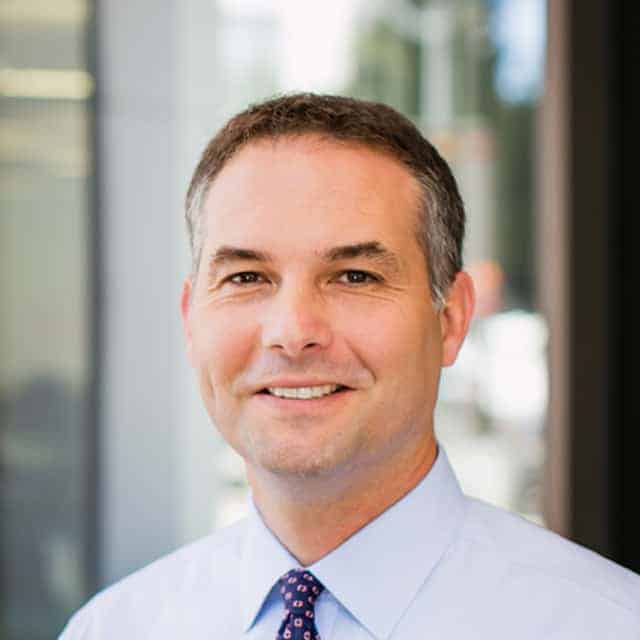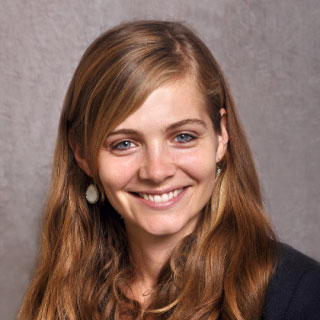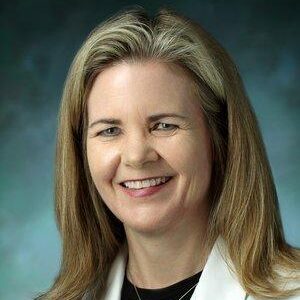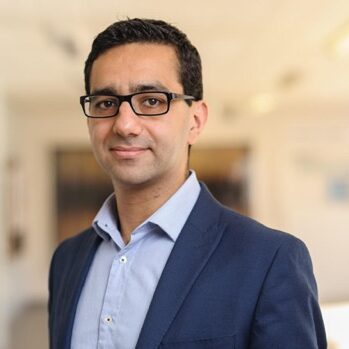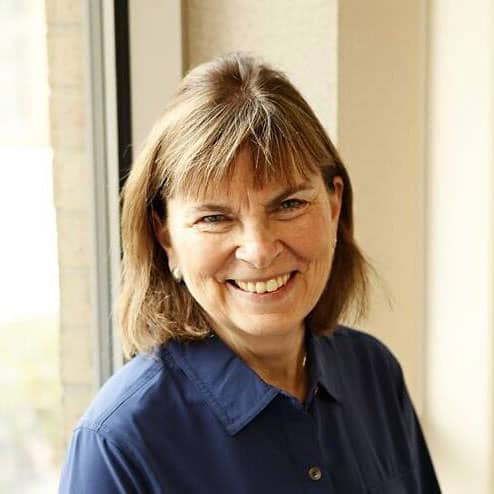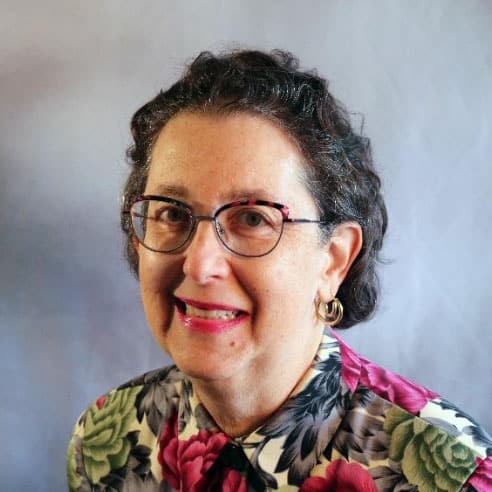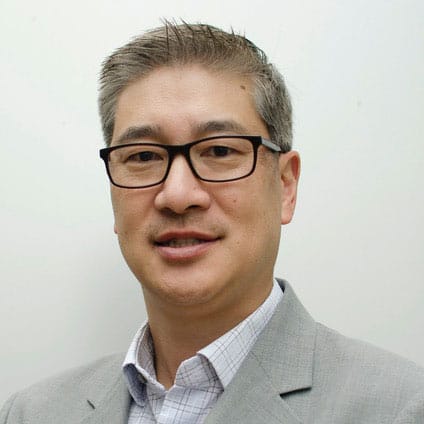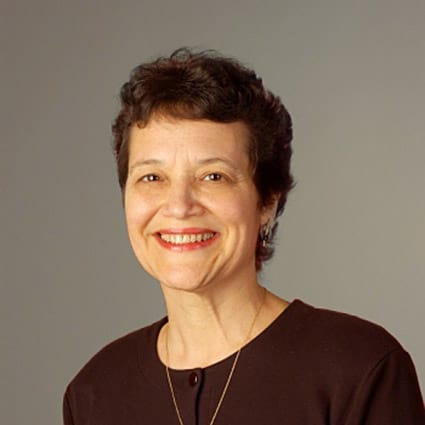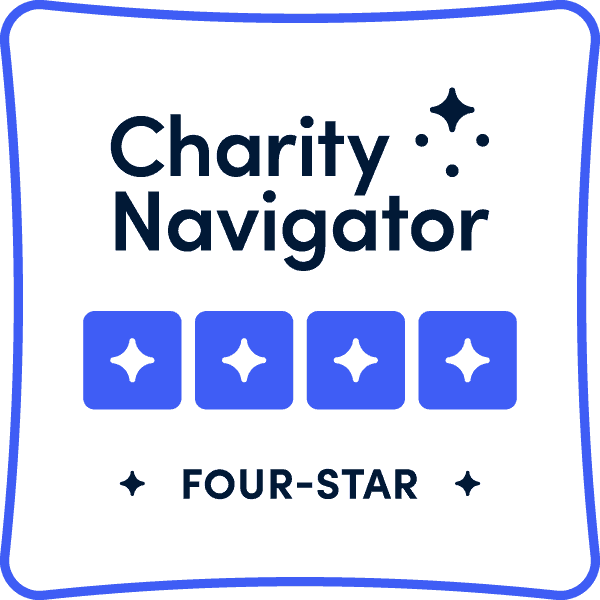Inflammatory Brain Disorders CME Series Syllabus
Hosted by Neuroimmune Foundation
and accredited in collaboration with
The Wisconsin Medical Society
Contents
The Inflammatory Brain Disorders Series features nationally and internationally renowned experts skilled in diagnostic and therapeutic approaches who will present a diverse range of emerging clinical and research challenges, insights, and advances in the field of inflammatory brain disorders.
Target Audience
The intended audience is pediatric and adult physicians. Both generalists as well as specialists will find the conference valuable to their practices. The conference is designed for pediatricians, family physicians, psychiatrists, rheumatologists, immunologists, neurologists, and infectious disease physicians. Though the conference is designed for physicians, physician assistants and nurse practitioners will find the series valuable to their practices as well.
Though all content is geared towards clinicians, patients and families are welcome to view the recorded lectures. Additional follow up support will be provided through monthly Case-Based Q&A webinars for clinicians featuring experts in the field.
Statement of Need
Immune-mediated causes of neuropsychiatric deteriorations are frequently misdiagnosed. There is a pressing need for medical knowledge in this area to advance. The need is increasing due to post-COVID-19 sequelae. Failure to utilize immunomodulatory therapies can lead to a dramatic worsening in symptoms and even permanent neurologic impairment as well as dramatically reduced quality of life for patients with these conditions, and physicians are not adequately educated in these areas.
Additional Information
Neuroimmune Foundation subscribes to the articles of Title III of the Americans with Disabilities Act of 1990. Should you or anyone accompanying you require special assistance, please notify us by contacting cme@neuroimmune.org or 608-381-0367. Requests should be made as early as possible to allow time to arrange the accommodation.
If you are a North Carolina physician wishing to access this CME series free of charge, please fill out the form here. Once your credentials have been verified, you will be provided access to the materials.
Copyright to this series is held by Neuroimmune Foundation.
Date of release: March 21, 2023
Date of expiration: December 31, 2024
Instructions to Receive Credit
This continuing medical education enduring material is in a video format. References are linked to online resources. In order to receive credit for this activity, the participant must view the video presentations and complete the post-test and evaluation. Upon completing this activity as designed, participants should complete the post-test on the website. After achieving a passing score on the post-test (80%), participants will submit their signed evaluation and registration form on the website below and will receive their CME certificates via email. Multiple attempts of the post-test are allowed.
List of references from the literature for future reading
- Exploratory analysis of the potential for advanced diagnostic testing to reduce healthcare expenditures of patients hospitalized with meningitis or encephalitis, Fulton BD et al, PLoS One. 2020 Jan 15
- Clinical Metagenomic Sequencing for Diagnosis of Meningitis and Encephalitis, Wilson MR et al, N Engl J Med. 2019 Jun 13
- Pan-viral serology implicates enteroviruses in acute flaccid myelitis, Schubert RD et al, Nat Med. 2019 Nov
- Kelch-like Protein II Antibodies in Seminoma-Associated Paraneoplastic Encephalitis, Mandel-Brehm C et al, N Engl J Med. 2019
- PANS Research Consortium Treatment Recommendations 2017: JCAP Volume: 27 Issue 7: September 1, 2017, Clinical Management of Pediatric Acute-Onset Neuropsychiatric Syndrome:
- BiteSized Immunology: https://www.immunology.org/public-information/bitesized-immunology
- Neuroscientifically Challenged: https://www.neuroscientificallychallenged.com
- CDC page on Group A Strep https://www.cdc.gov/groupastrep/diseases-hcp/index.html
Activity Director:
Anna Conkey
Executive Director and Founder, Neuroimmune Foundation
Ms. Conkey has no relevant financial relationship(s) to disclose with ineligible companies whose primary business is producing, marketing, selling, re-selling, or distributing healthcare products used by or on patients.
Planning committee member:
Amy Malik, MD
Dr. Malik has no relevant financial relationship(s) to disclose with ineligible companies whose primary business is producing, marketing, selling, re-selling, or distributing healthcare products used by or on patients.
Hosts/Moderators:
Anna Conkey
Executive Director and Founder, Neuroimmune Foundation
Lawrence Steinman, MD
Professor of Neurology and Pediatrics, Stanford University School of Medicine
Dr. Lawrence Steinman is Professor of Neurology, Neurological Sciences and Pediatrics at Stanford University. He was Chair of the Stanford Program in Immunology from 2001 to 2011. His research focuses on what provokes relapses and remissions in multiple sclerosis (MS), and on the quest for antigen specific therapy in autoimmune disease. Steinman was senior author on the 1992 Nature article that led to the drug Tysabri, approved for MS and Crohn’s disease. He is currently applying insights from Tysabri to develop new therapies for neurodegenerative diseases, aimed at blocking macrophages and microglia from eating neurons and axons “in danger.” Dr. Steinman graduated from Dartmouth College, Magna Cum Laude in Physics. His MD is from Harvard Medical School. He was a post-doctoral fellow in chemical immunology at the Weizmann Institute of Science. After neurology residency, he remained on the faculty in 1980. He has received numerous honors, including the John M. Dystel Prize in 2004, the Javits Neuroscience Investigator Award from the NINDS twice, the Charcot Prize in MS research, and the Cerami Prize in Translational Medicine. Dr. Steinman is a member of the National Academy of Sciences, and the National Academy of Medicine. Dr. Steinman cofounded several biotech companies, including Neurocrine, Atreca, 180 Life Sciences, 5 Integrin LLC, and Pasithea. He was a Director of Centocor from 1988 until its sale to Johnson and Johnson. He is a Director of BioAtla, an immune-oncology company, co-Executive Chair of 180 Life Sciences, and Executive Chair of Pasithea.
Dr. Steinman is a consultant for BristolMeyersSquibb. All of the relevant financial relationships for this individual have been mitigated.
Samuel Pleasure, MD, PhD
Glenn W. Johnson, Jr. Memorial Endowed Chair Professor, Department of Neurology, University of California, San Francisco (UCSF) Director Neuroscience Graduate Program, UCSF
Dr. Samuel Pleasure is the Glenn W. Johnson, Jr. Memorial Endowed Chair in Neurology at UCSF. Dr. Pleasure is a neurologist who specializes in caring for patients with multiple sclerosis. He also has expertise in caring for patients with epilepsy as well as years of experience in managing a variety of neurological conditions in both clinic and hospital settings. Dr. Pleasure has two main areas of inquiry for his research. He studies processes that regulate early brain development in both normal and diseased situations. He also studies autoimmune forms of meningoencephalitis, where inflammation in specific brain areas causes severe neurologic dysfunction. He received his medical degree and a doctorate in neuroscience from the University of Pennsylvania. He was chief resident during his neurology residency at UCSF, where he then completed a research fellowship in neuroscience. Dr. Pleasure is a fellow of the American Neurological Association and a member of the American Academy of Neurology, American Epilepsy Society, Society for Neuroscience, Society for Developmental Biology, and Cajal Club. He has won numerous awards for his research and has received research funding from a wide variety of private, state, and federal sources. He has served in leadership roles in national organizations and in the UCSF Department of Neurology.
Dr. Pleasure has no relevant financial relationship(s) to disclose with ineligible companies whose primary business is producing, marketing, selling, re-selling, or distributing healthcare products used by or on patients.
Eyal Muscal, MD
Section Chief, Pediatric Rheumatology, Baylor College of Medicine
Dr. Eyal Muscal is a pediatric rheumatologist with a MS Degree in Clinical Research whose activities include patient care, fellowship education, quality improvement, and clinical research. His research, quality improvement, and clinical interests include neurologic manifestations of systemic autoimmune disorders (primarily autoimmune encephalitis, NPSLE, APS, and CNS vasculitis), systemic vasculitides, and patient-powered research in rare diseases. Dr. Muscal is the Childhood Arthritis and Rheumatology Research Alliance (CARRA) registry PI and co-director of the CARRA autoimmune encephalitis work group. An increased portion of his clinical effort is spent on standardizing and enhancing care of children with inflammatory brain disorders. As part of this effort, he obtained additional training in advanced QI. During the COVID-19 pandemic Dr. Muscal has been one of his section’s champions on the pathophysiology and treatment of MIS-C. This has included providing educational sessions at his institution and also to international audiences. He has coordinated evidence-based guidelines for MIS-C at his institution and has insured timely, rational, and multi-disciplinary MIS-C care in both general floor and critical care areas. He is also the rheumatology lead for a joint cardiology-rheumatology clinic that follows MIS-C patients after hospital discharge. Dr. Muscal is well suited to support institutional efforts regarding COVID-19 and MIS-C care and specifically the Artificial Intelligence COVID-19 Risk Assessment for Kids (AICORE-kids) program.
Dr. Muscal has no relevant financial relationship(s) to disclose with ineligible companies whose primary business is producing, marketing, selling, re-selling, or distributing healthcare products used by or on patients.
Learning and Outcome Objectives
- Learn how to effectively treat inflammatory brain conditions as well as the circumstances in which each treatment is appropriate.
- Learn the clinical work up required to accurately diagnose immune mediated causes of neurologic and psychiatric deteriorations.
- Recognize that neuropsychiatric sequelae can result from infections, autoimmune, and inflammatory conditions.
- Accurately diagnose various inflammatory brain conditions.
- Describe appropriate treatments for patients with inflammatory brain conditions.
- Identify the various immune and inflammatory markers that can present in patients with inflammatory brain conditions.
- Report the cognitive and psychiatric effects seen in some patients following COVID-19.
Accreditation / Credit Designation Statement
This activity has been planned and implemented in accordance with the accreditation requirements and policies of the Accreditation Council for Continuing Medical Education (ACCME) through the joint providership of Wisconsin Medical Society and Neuroimmune Foundation. The Wisconsin Medical Society is accredited by the ACCME to provide continuing medical education for physicians.
The Wisconsin Medical Society designates this enduring material activity for a maximum of 20 AMA PRA Category 1 Credit(s)™. Physicians should claim only the credit commensurate with the extent of their participation in the activity.
This activity has been produced with no commercial support. We are very grateful to the State of North Carolina for the educational grant that allowed us to offer this series.

